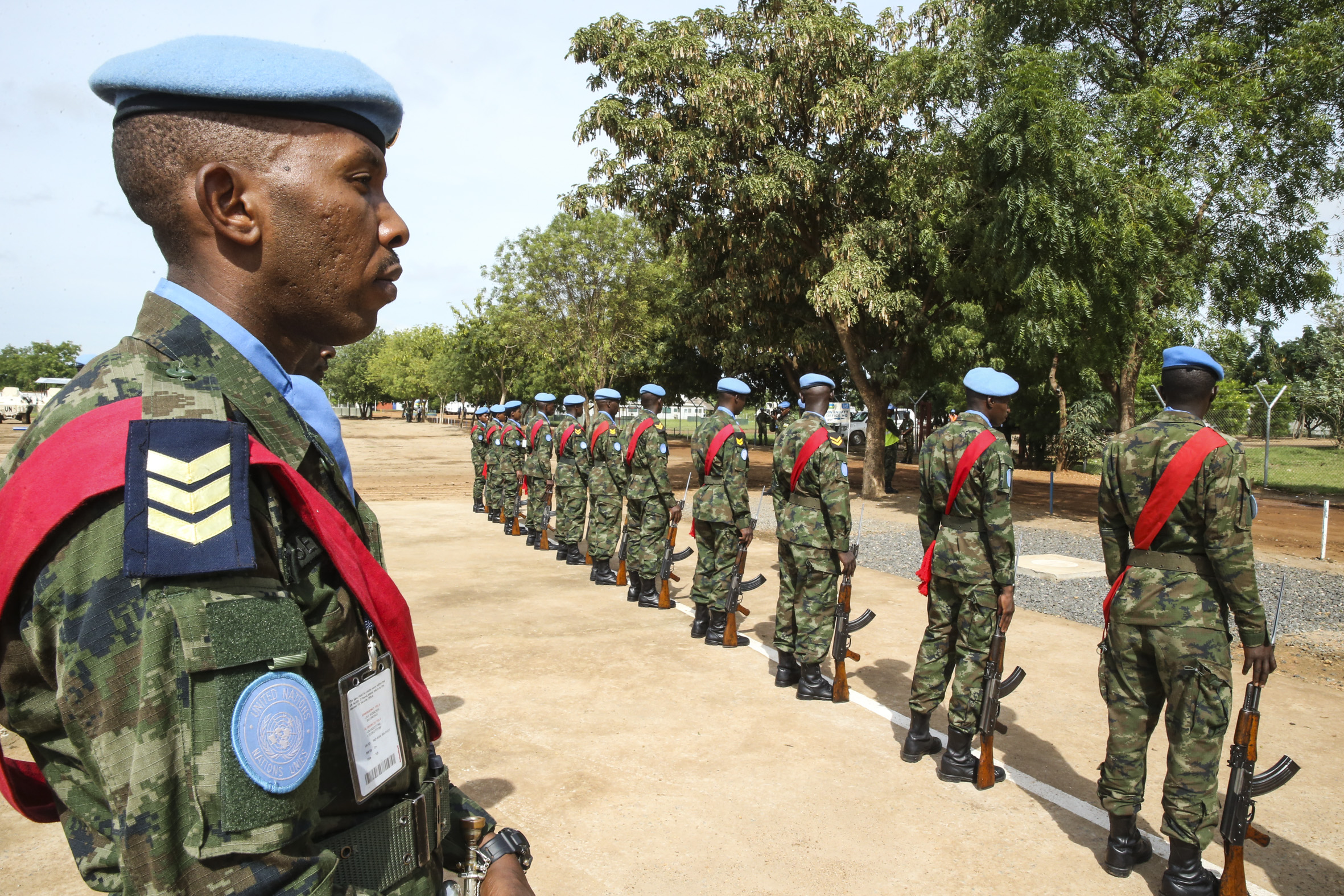
Violence, Intergroup Bias, and Dehumanization in South Sudan
There was evidence of only “mechanistic dehumanization” among Dinka respondents towards Nuer and no evidence of any form of dehumanization among Nuer respondents towards Dinka.
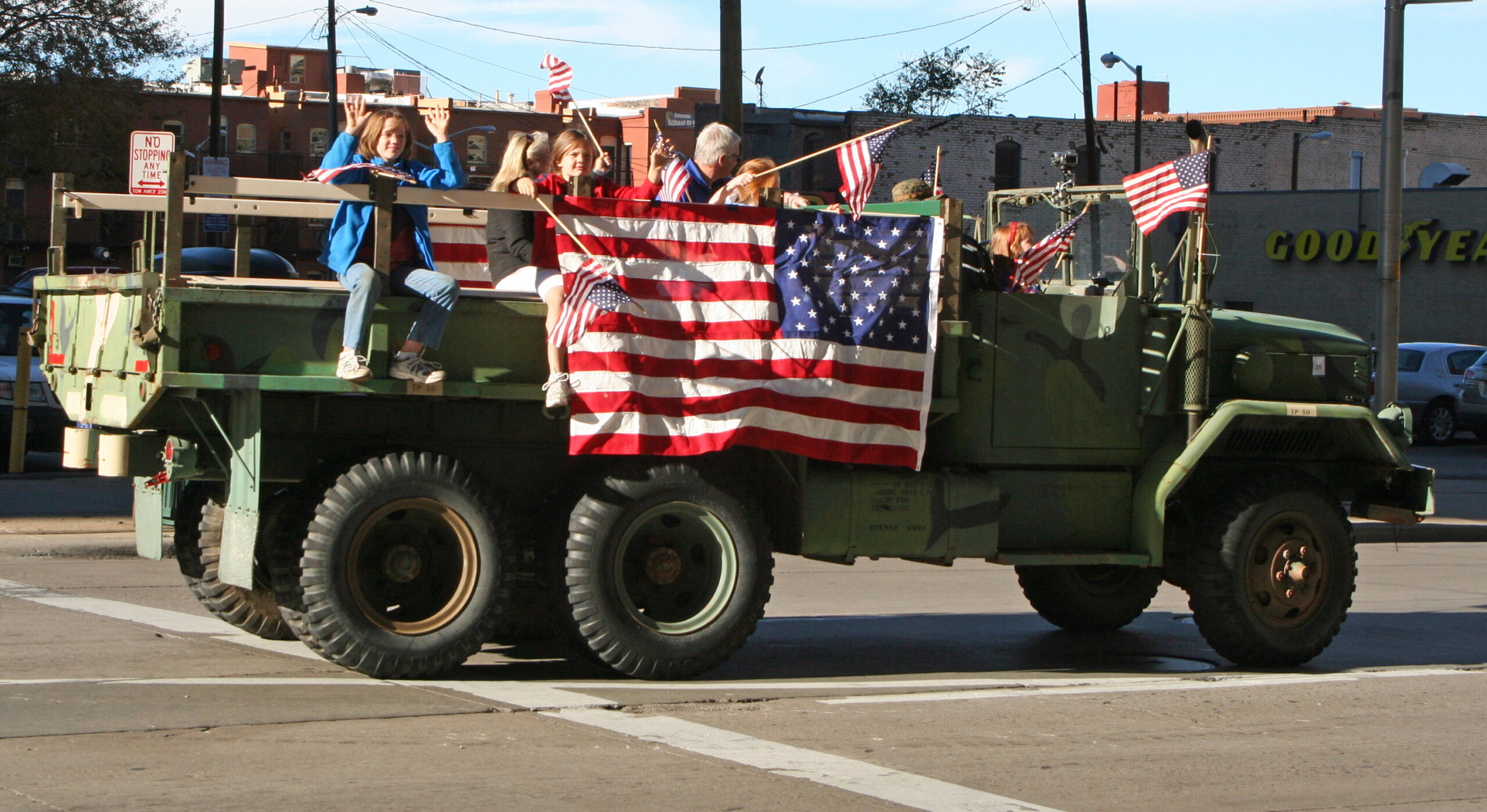
Militarism Is a Threat to Democracy
In the context of OECD countries over the time period of 2010-2016, militarism has an adverse impact on democracy over time.

Militarizing Women’s Rights in Jordan
Women’s rights activists in Jordan understood that making progress on women’s rights legislation was contingent on navigating a militarized political landscape where a protectionist narrative of women’s rights would make legislation more likely to pass.
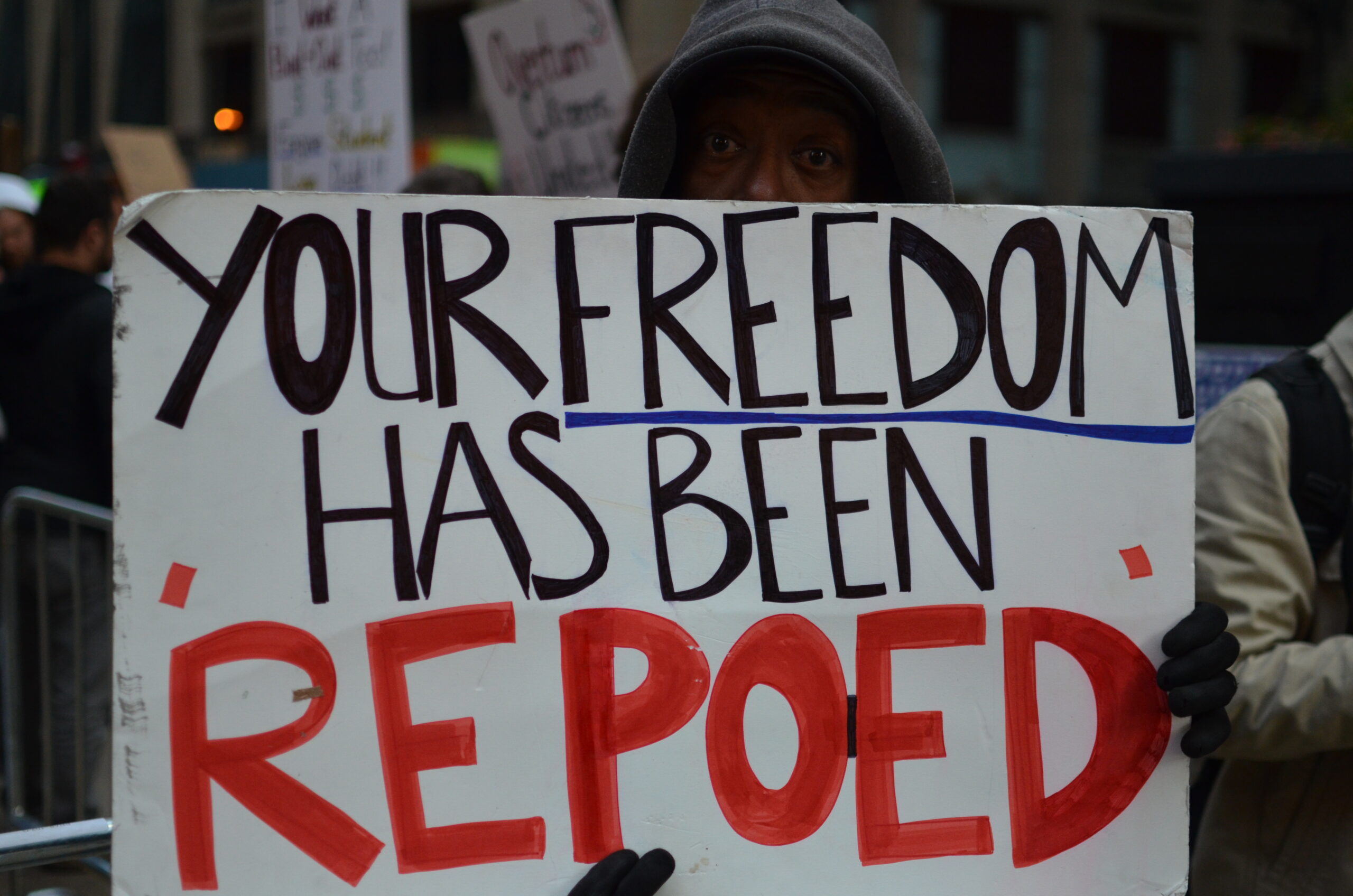
Nonviolent Resistance Movements, National Identity, and Security Force Defection
A cohesive national identity may be necessary for nonviolent movement success but does not itself fully explain why some such movements succeed while others fail.
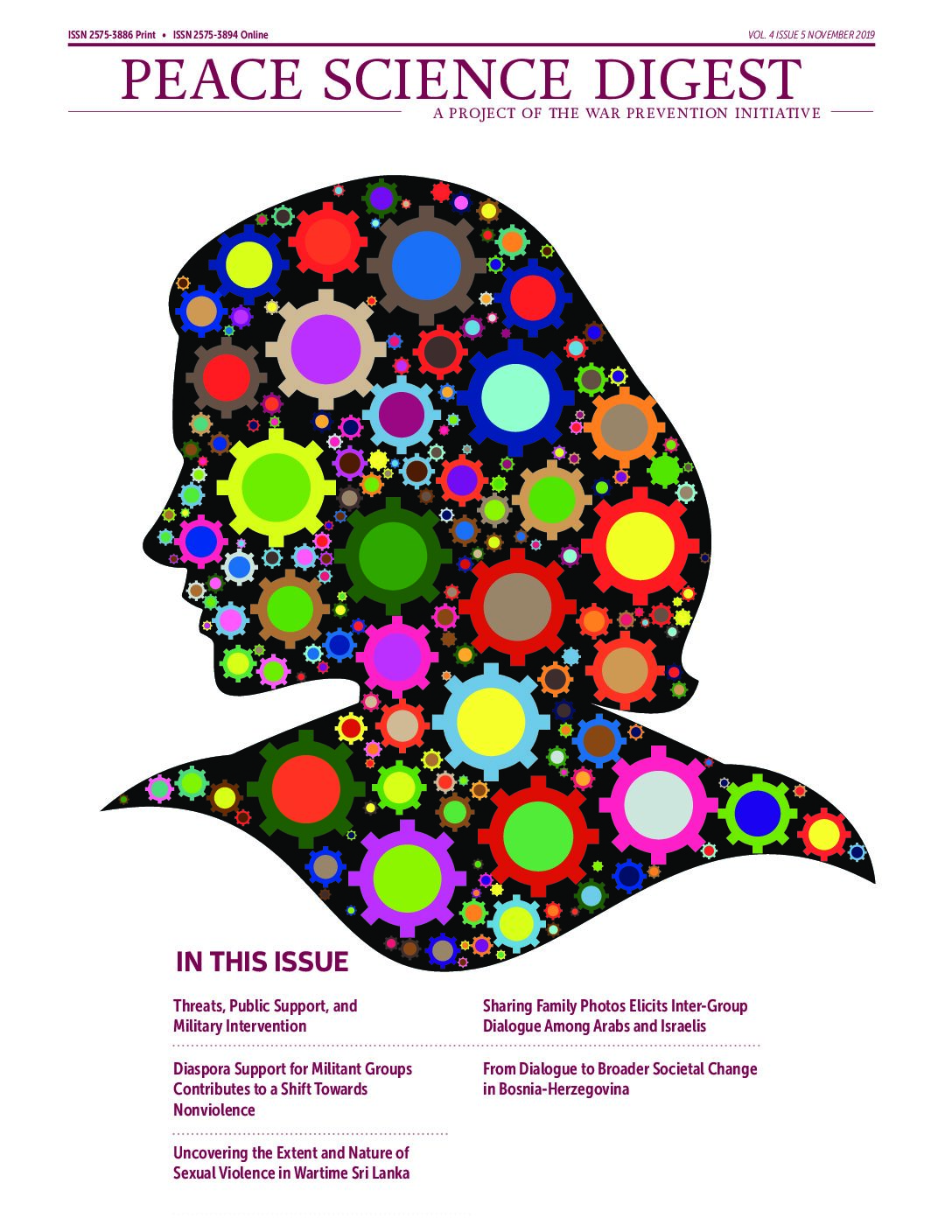
Volume 4, Issue 5
What people believe matters. It matters, most crucially, to decisions about how to act. We all must make sense of the world before we can act in it and on it. Is it possible to shift beliefs, particularly those that condone the use of violence or embrace exclusionary or dehumanizing … Read more
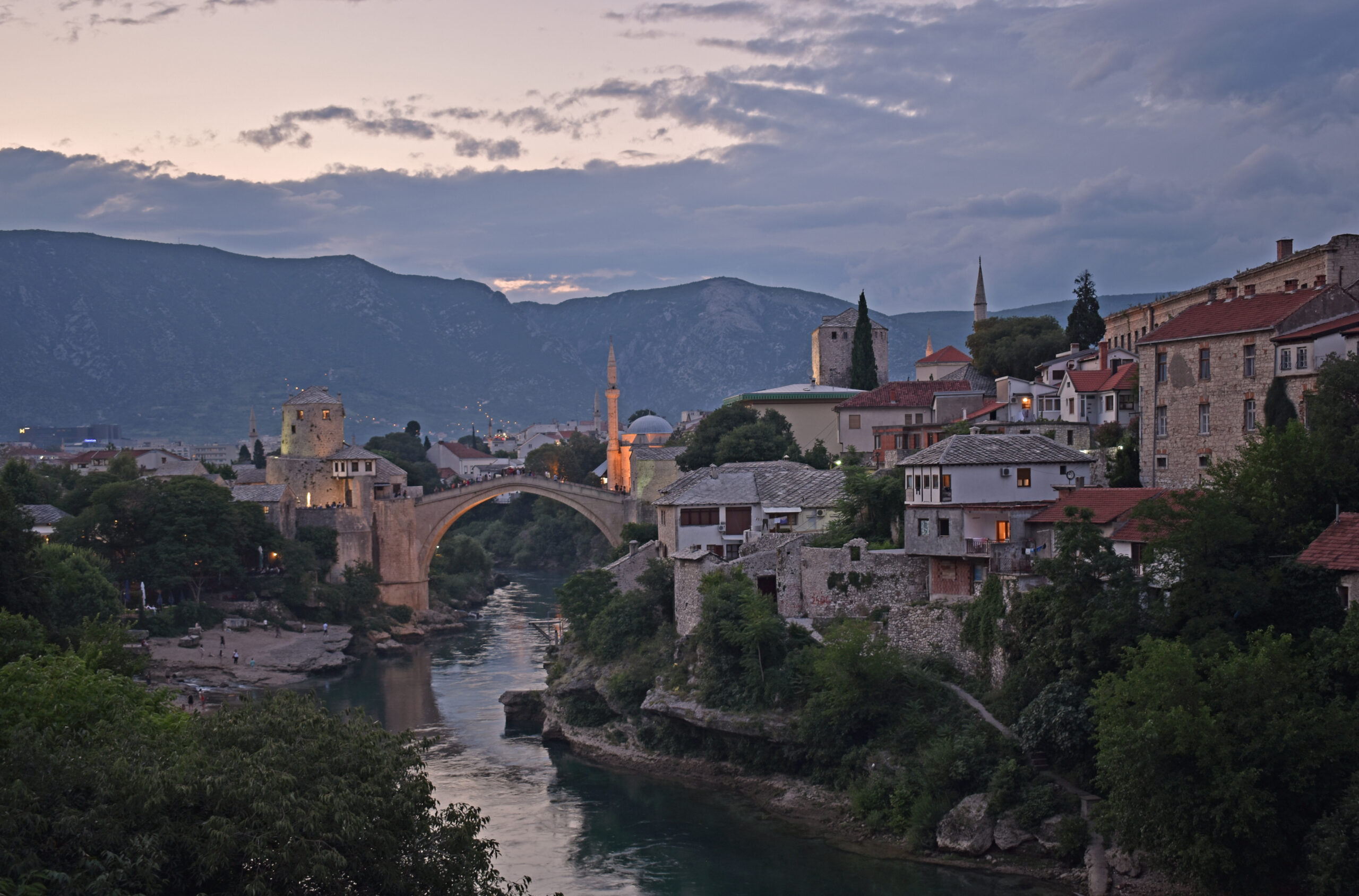
From Dialogue to Broader Societal Change in Bosnia-Herzegovina
Dialogue projects have also been able to positively affect the broader sociopolitical context in BiH, largely through the work of affiliated alumni action groups who have engaged in joint action and activism to address societal problems, thereby demonstrating “that it is possible to bridge ethnic divides.”
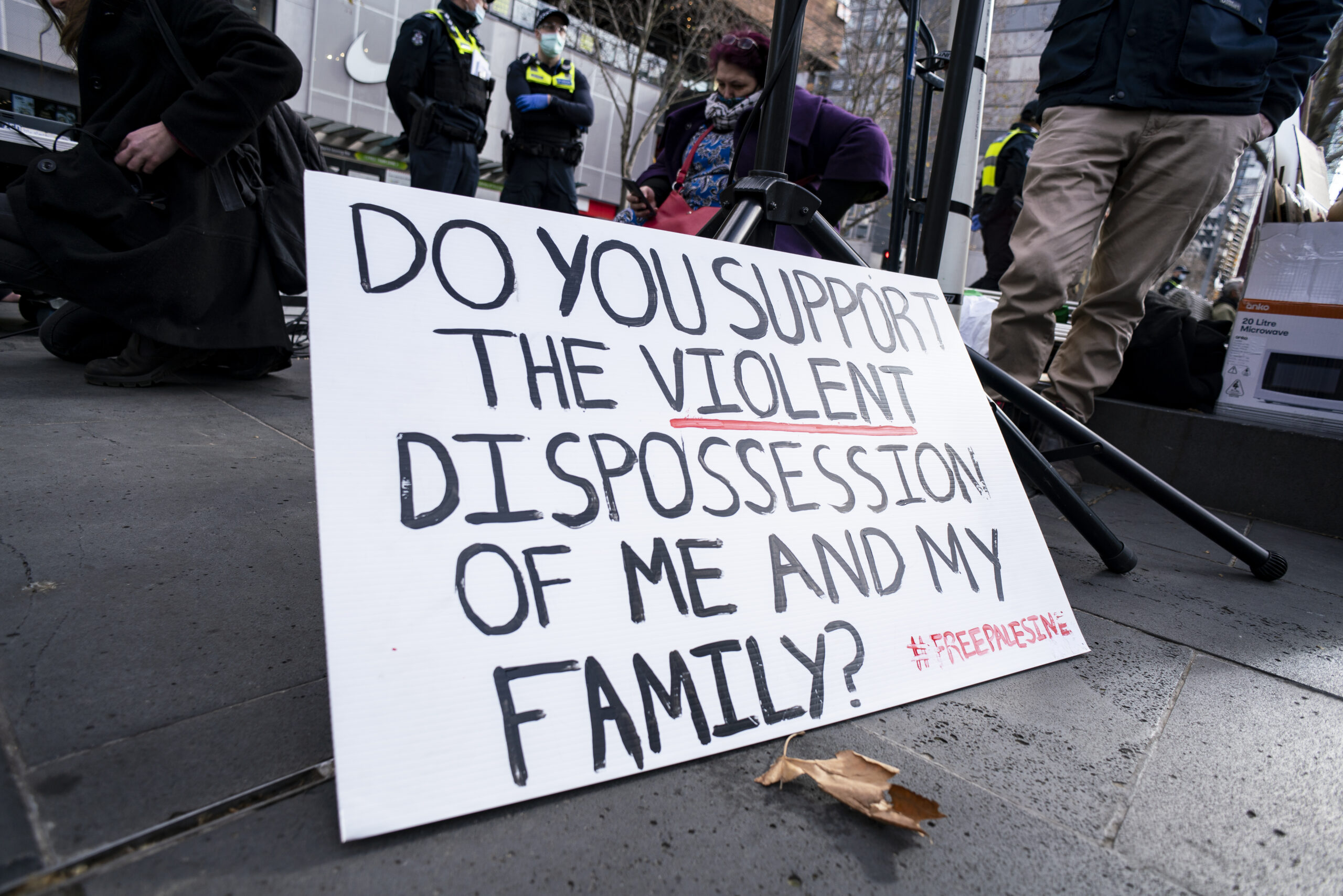
Sharing Family Photos Elicits Inter-Group Dialogue Among Arabs and Israelis
Photo-monologues and photo-dialogues were a useful educational tool to help Israeli and Palestinian students empathize with each other over shared familial trauma associated with migration to or from Israel.

Uncovering the Extent and Nature of Sexual Violence in Wartime Sri Lanka
A list experiment is an effective research method for uncovering sensitive information, as its use suggests that sexual violence was much more prevalent during the Sri Lankan civil war (affecting about 13.4% of the population) than direct questioning would indicate (at 1.4% of the population).
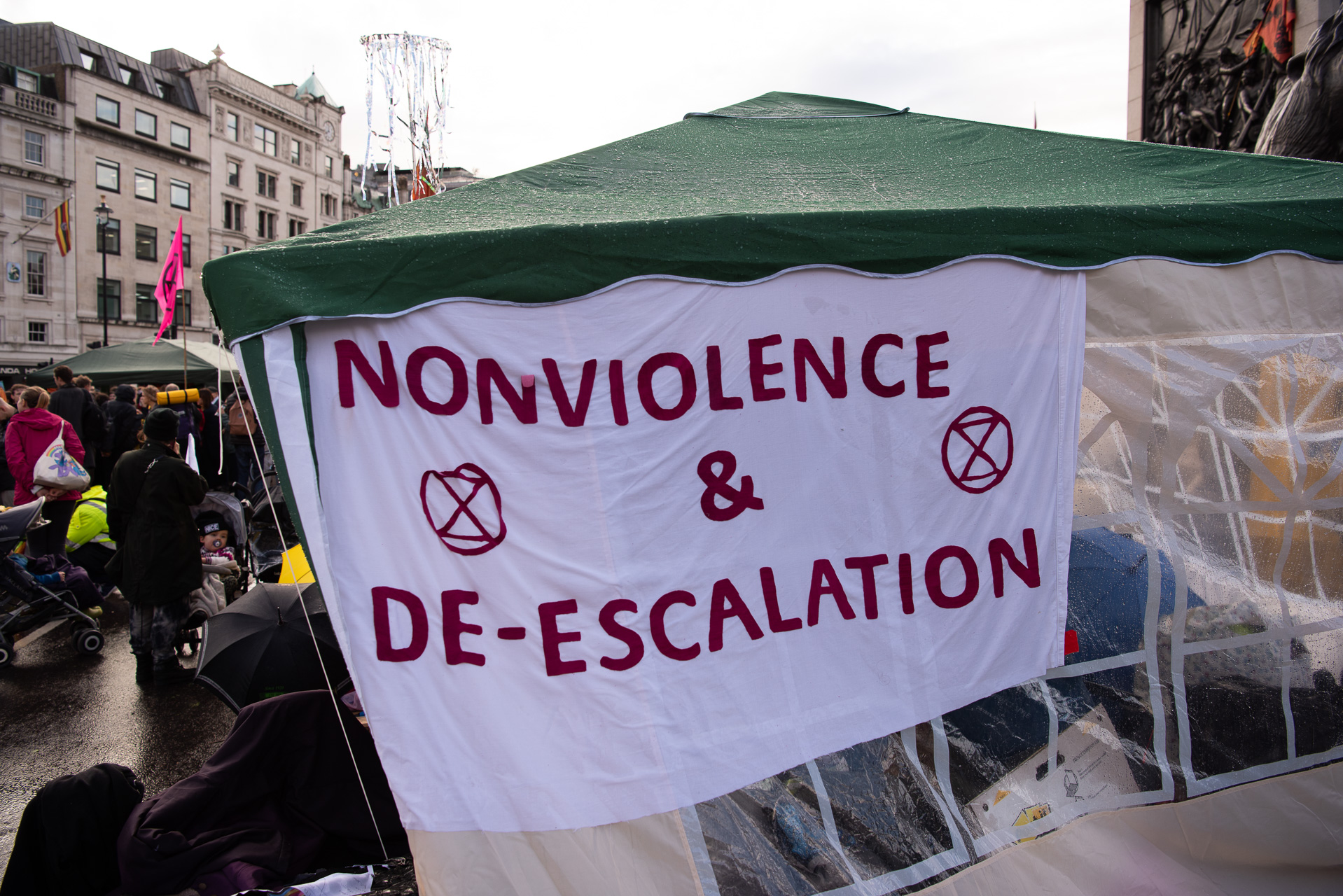
Diaspora Support for Militant Groups Contributes to a Shift Towards Nonviolence
Diaspora support for militant groups is associated with a 7% increased probability that the militant group will shift towards nonviolent tactics.
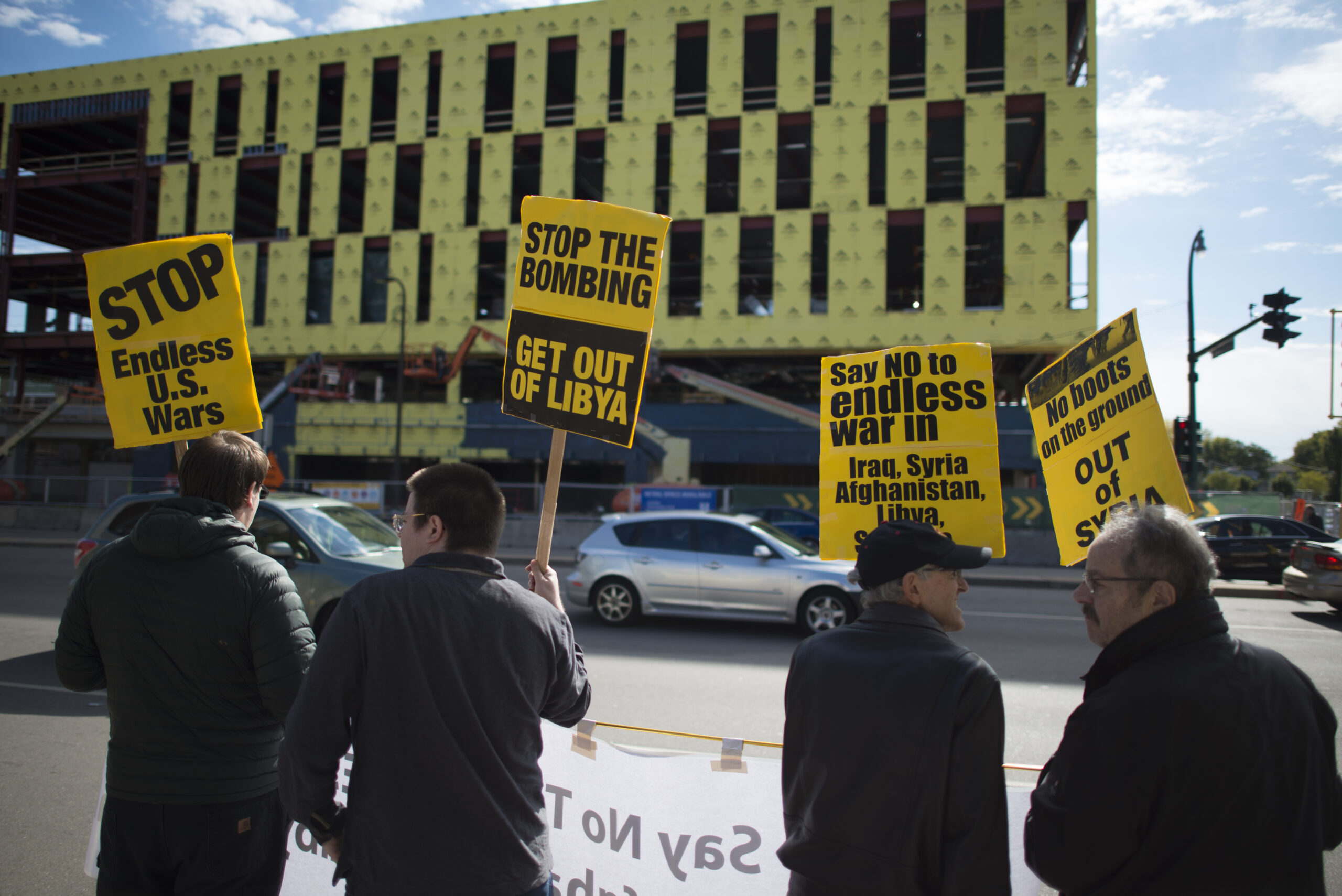
Threats, Public Support, and Military Intervention
“[W]hether public opinion is a constraint on military action or an effect of threats strongly depends on the primary objective of the military operation and whether or not the threats to a state’s national interests are clear and tangible.”

Beyond Armed Conflict: Exploring Broader Understandings of Reconciliation in Colombia
There are fairly evenly split views on the possibility of reconciliation with former combatants, as well as varied opinions (sometimes along gender, income, education level, and/or regional lines) on which activities would foster reconciliation and how willing respondents would be to come into close contact with former combatants.
